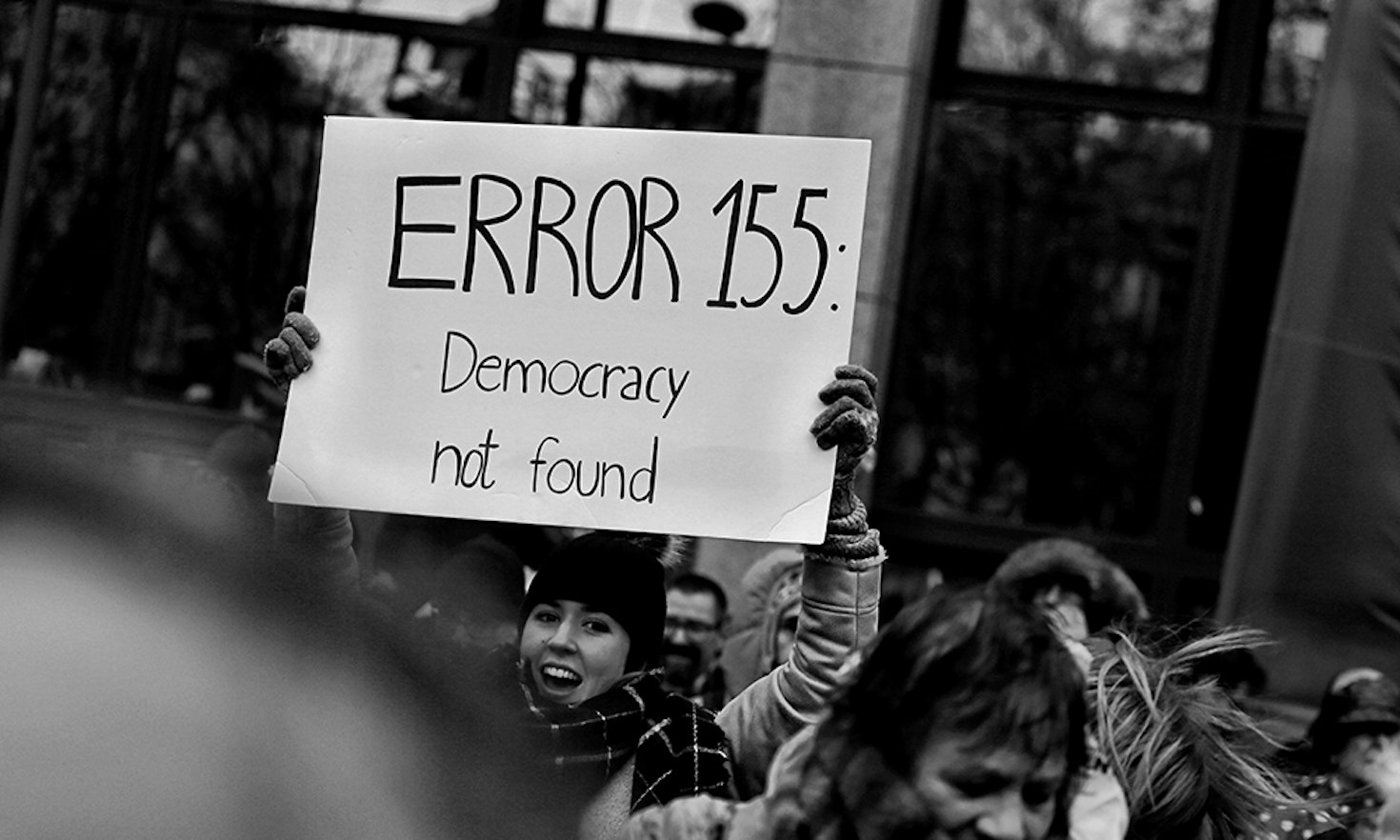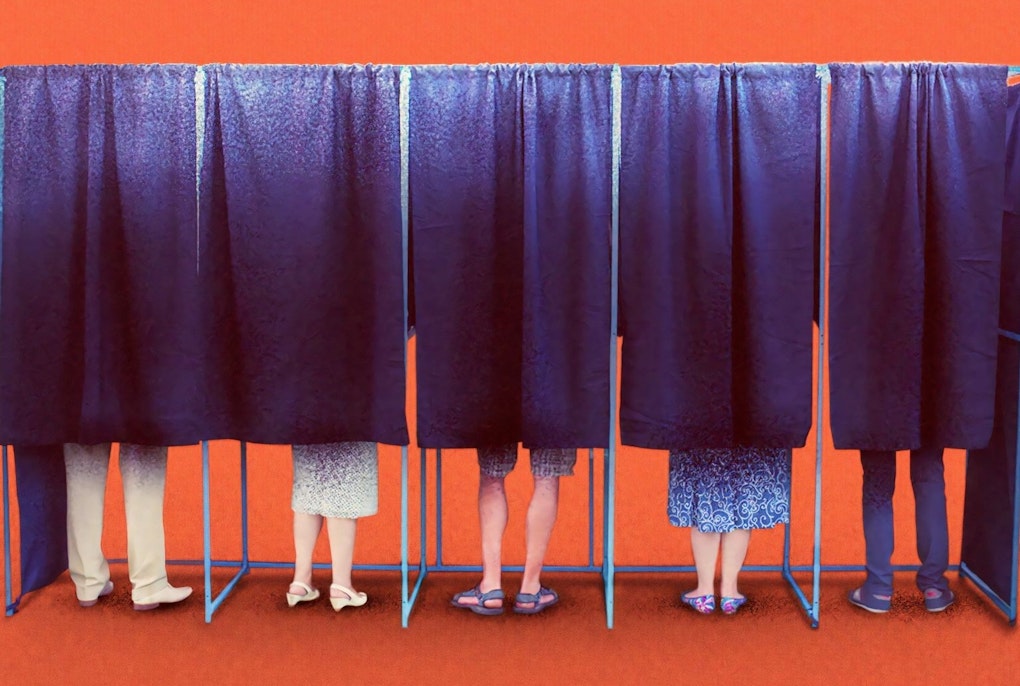
Another tale of two cities – Bilingualism in Fribourg and Bolzano/Bozen
 Antilia Wyss
Antilia Wyss
Europe is relieved. The feared ‘black wave’ did not happen and, even if radical-right parties obtained large vote shares in several key EU countries, they scored below the predictions and their own expectations. But this European-wide conclusion does not apply to all countries and, among the 28 member-states, Belgium elections shows a particularly worrying face. On 26 May 2019, the European elections occurred on the same day as the federal and regional elections and lead to the success of two non-democratic parties: the VB and the PTB-PVDA (see Table 1).
The racist and fascist party Vlaams Belang (Flemish Interest – VB) is continuously present in the federal parliament since its foundation in 1978. The party has gone through electoral successes and defeats over the years, but has always presented a rather constant ideology to the voters: a clear fascist and anti-migrant stance combined with the demand of an independent Flanders. The VB can be considered as the clear winner of the 2019 elections in Flanders: the party obtained 18,5 % (+12,58 %) of the votes in the Flemish regional elections and a similar results (18,65 %) in the five Flemish provinces for the federal elections.
The Marxist-Leninist party PTB-PVDA (Workers’ Party of Belgium) was similarly created at the end of the 1970s and gained its first seats in the federal parliament in 2014. The party remained a marginal political actor in the Belgian party system during decades and reached significant results only recently. Even if the party adopts nowadays a modern and open communication style, its ideology remains non-ambiguous in its defence of a Marxist-inspired project for the Belgian society. In 2019, the PTB-PVDA can be considered as the winner in the two southern regions: the party obtained 13,47 % (+9,61 %) in the Brussels regional elections and 13,68 % (+7,92 %) in the Walloon regional elections. The party obtained similar results in the five Walloon provinces and in Brussels for the federal elections.
It is interesting to notice that the VB and the PTB-PVDA are the only two Belgian parties that presented candidates in every province of the country for the federal elections. In comparison, all main Belgian parties do not display a national ambition but rather a regional ambition as none of them competes nationwide. This national strategy of the two non-democratic parties lead to different outcomes for these federal elections: a successful one for the PTB-PDVA as it obtained seats in all three regions while the VB concentrated its 18 seats in the Flemish region.
Even if both parties are situated at their respective extremes positions of the Belgian party system, other non-democratic parties gravitate around their ideological positions, especially in Wallonia and in Brussels. Other fascist parties exists besides the VB such as Agir (Act), Nation or Les Belges d’abord (Belgians First) while there are other parties located at the radical left such as the Communist Party of Belgium (PCB), Wallonie Insoumise (Untamed Wallonia) or the Trotskyist Lutte Ouvrière (Workers’ Struggle). None of these parties managed to obtain significant results in the regional and federal elections, and none of them participated in the European elections.
 When looking at the performance of non-democratic parties over time, we observe a long-term trend towards an increasing electoral success of these parties in Belgium (see Figure 1). Starting in the mid-1980s, the growth of the success of non-democratic parties was almost linear and dominated by the performance of the VB and of the Front National (FN). This increase was stopped in 2010 and 2014 probably because of the ability of the Flemish nationalist party N-VA to capture voters from the VB and because of the disappearance of the FN in 2011. The elections of 2019 could therefore be seen as a return of the performance of non-democratic parties to a position that is perfectly in line with the trend initiated in the 1980s. The most important challenge in today’s politics in Belgium is now to find the instruments that would prevent this trend to continue and ultimately to reverse it.
When looking at the performance of non-democratic parties over time, we observe a long-term trend towards an increasing electoral success of these parties in Belgium (see Figure 1). Starting in the mid-1980s, the growth of the success of non-democratic parties was almost linear and dominated by the performance of the VB and of the Front National (FN). This increase was stopped in 2010 and 2014 probably because of the ability of the Flemish nationalist party N-VA to capture voters from the VB and because of the disappearance of the FN in 2011. The elections of 2019 could therefore be seen as a return of the performance of non-democratic parties to a position that is perfectly in line with the trend initiated in the 1980s. The most important challenge in today’s politics in Belgium is now to find the instruments that would prevent this trend to continue and ultimately to reverse it.
Figure 1. Electoral performance of non-democratic parties (national / federal elections, 1978-2019)


 Antilia Wyss
Antilia Wyss
 Enrico Andreoli
Enrico Andreoli
 Gabriel Toggenburg
Gabriel Toggenburg